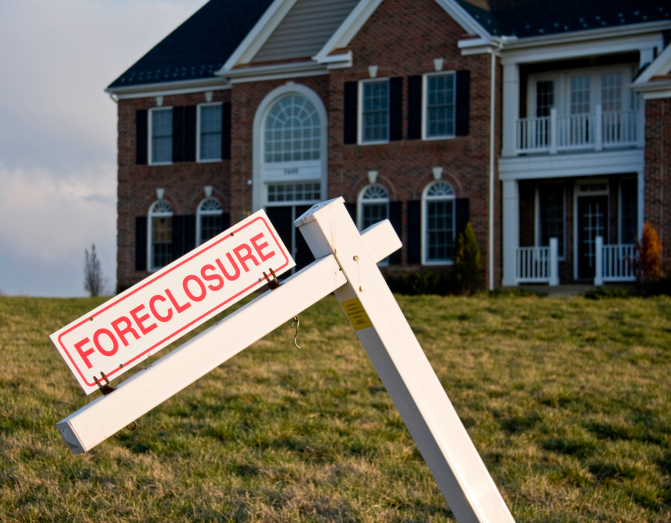Home Foreclosures, Mortgage Loan Delinquencies at Multiyear Lows in Q3
November 7, 2013 by Paul Ausick
The data was published Thursday by the Mortgage Bankers Association (MBA). The loans were made for one-to-four unit residential properties, and the delinquency rate includes loans at least one payment past due but not yet in foreclosure.
Only 0.61% of loans went into the foreclosure process during the third quarter, down slightly from the second quarter total of 0.64%, reaching the lowest level since early 2007. Similarly, the percentage of loans in the foreclosure process fell from 3.33% to 3.08% sequentially, nearly a full point below the comparable rate in the third quarter of last year and the lowest level since 2008.
An MBA executive noted:
A few major points need to be highlighted. To begin, many mortgage servicers are already reducing their staffs that handled delinquent loans and foreclosures and we expect that trend to continue as the numbers continue to fall. … Also, while home prices have shown some considerable improvement, in only a small number of states are they back above their pre-2007 levels. This is noteworthy because roughly three-quarters of all seriously delinquent loans were originated in 2007 or earlier. … Finally, mortgage delinquencies are the result of local economic conditions, not the cause of them.
All things considered, loans 30 days delinquent are almost back to long-run levels. Loans up to 60 days delinquent remain a little higher than average, and loans that are 90 days delinquent, at a rate of 2.56%, are way above the long-term average of 0.8%.
Essential Tips for Investing: Sponsored
A financial advisor can help you understand the advantages and disadvantages of investment properties. Finding a qualified financial advisor doesn’t have to be hard. SmartAsset’s free tool matches you with up to three financial advisors who serve your area, and you can interview your advisor matches at no cost to decide which one is right for you. If you’re ready to find an advisor who can help you achieve your financial goals, get started now.
Investing in real estate can diversify your portfolio. But expanding your horizons may add additional costs. If you’re an investor looking to minimize expenses, consider checking out online brokerages. They often offer low investment fees, helping you maximize your profit.